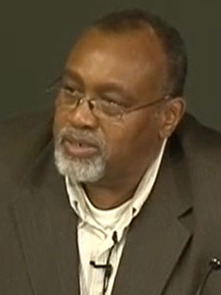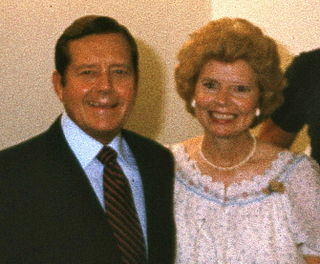A Quote by Bryan Stevenson
We're all burdened by our history of racial inequality. It's created a kind of smog that we all breathe in, and it has prevented us from being healthy.
Related Quotes
I wasn't thinking about history. I was thinking about how we were going to end segregation at lunch counters in Atlanta, Georgia.We would have never thought about making history, we just thought: Here is our chance to get out our sense of rejection at this kind of racial discrimination. I don't know that there was a time that anybody growing up in the South wasn't enraged about being segregated and being discriminated against.
If we want to do more than just end mass incarceration—if we want to put an end to the history of racial caste in America—we must lay down our racial bribes, join hands with people of all colors who are not content to wait for change to trickle down, and say to those who would stand in our way: Accept all of us or none.
We must embrace our differences, even celebrate our diversity. We must glory in the fact that God created each of us as unique human beings. God created us different, but God did not create us for separation. God created us different that we might recognize our need for one another. We must reverence our uniqueness, reverence everything that makes us what we are: our language, our culture, our religious tradition.
Racial problems can't be easily reconciled with a pat account about racism and discrimination that lets us sort of relax into saying when we finally get this right, when we get rid of racism, when we reach the post-racial society, everything is going to be okay. Well, no, because along the way here, as we've not yet been in this racial nirvana, facts on the ground have been created.
God is faithful and just to forgive us our sins and to cleanse us from all unrighteousness. So to confess is to breathe in and to ask God to forgive me of my sins. And as we breathe out we breathe out the impure air and breathe in the pure air. I would say the pure air is knowing that God has forgiven us of our sins.
Great and good men and women stirred sugar into their coffee knowing that it had been picked by slaves. Kind, good ancestors of all of us never questioned hangings, burnings, tortures, inequality, suffering and injustice that today revolt us. If we dare to presume to damn them with our fleeting ideas of morality, then we risk damnation from our descendants for whatever it is that we are doing that future history will judge as intolerable and wicked: eating meat, driving cars, appearing on TV, visiting zoos, who knows?


































